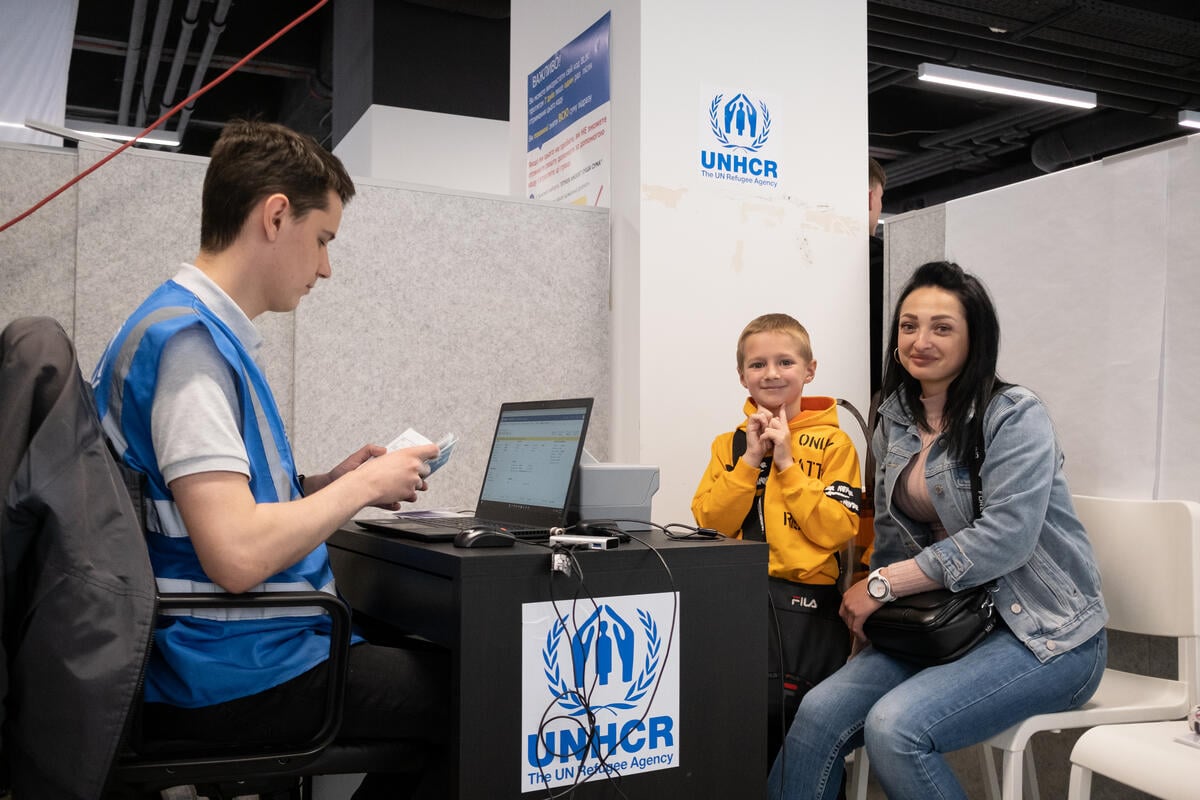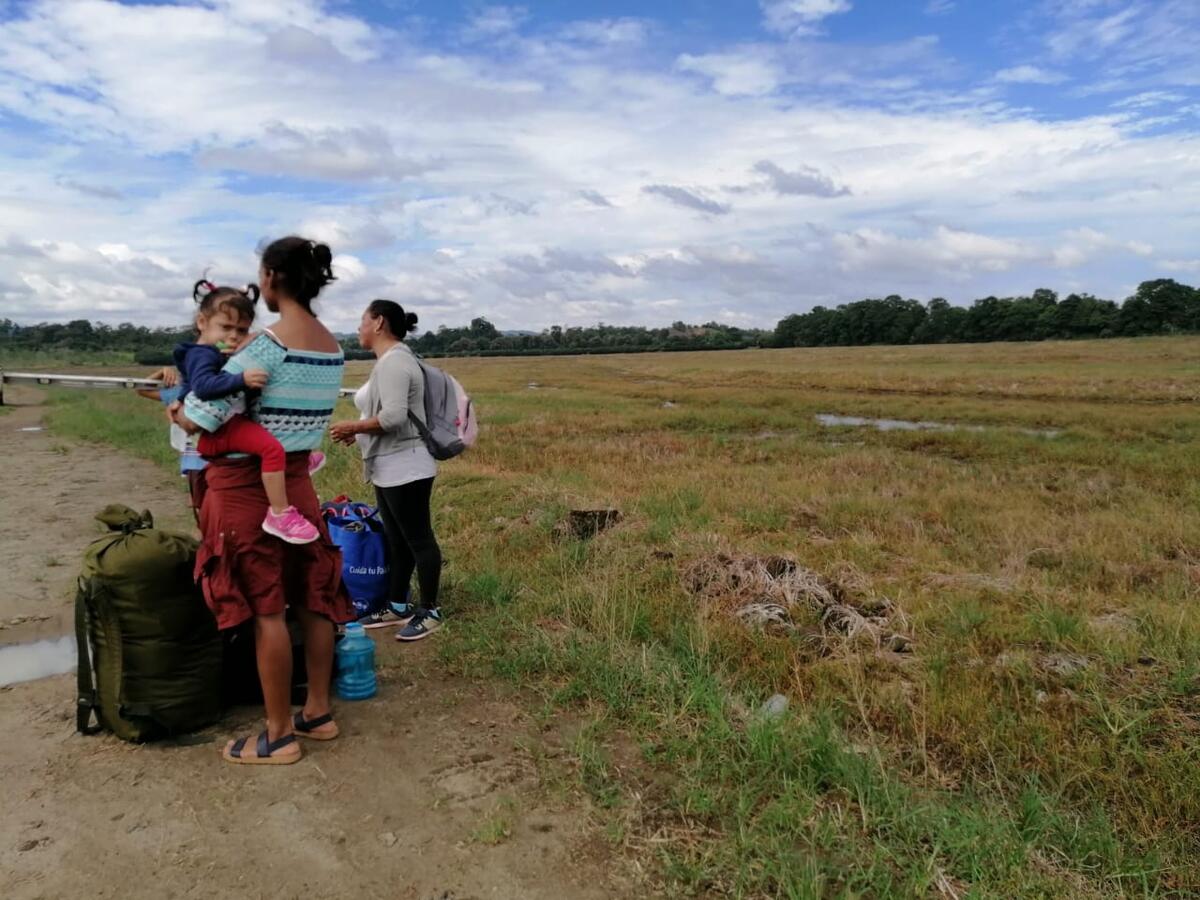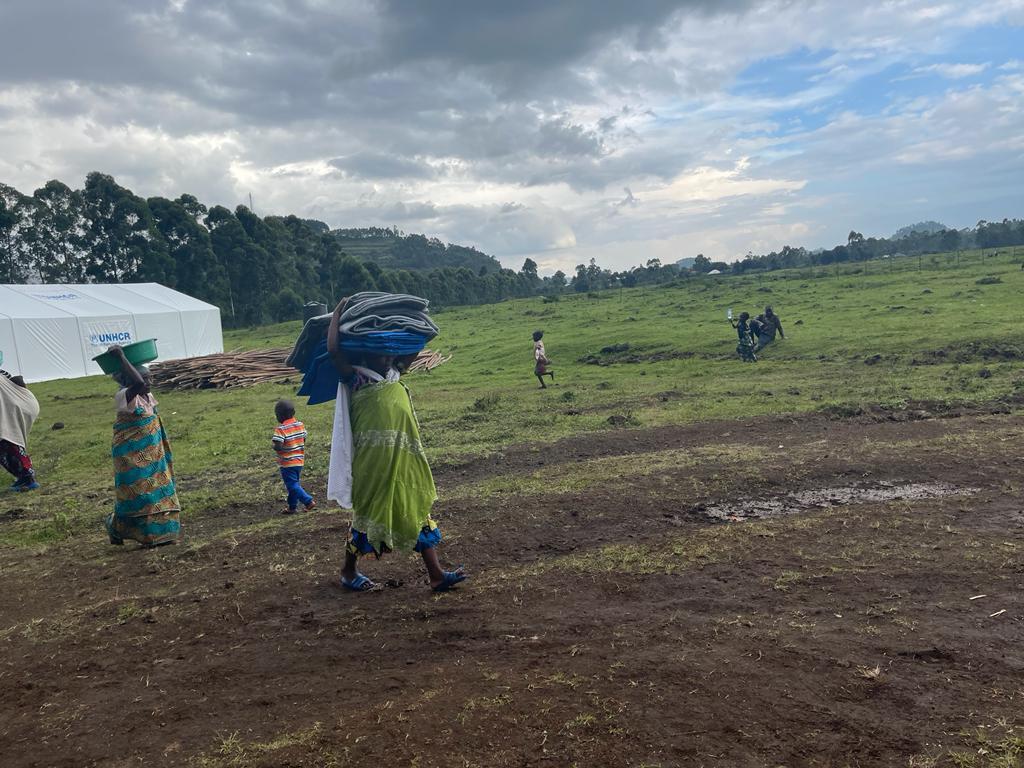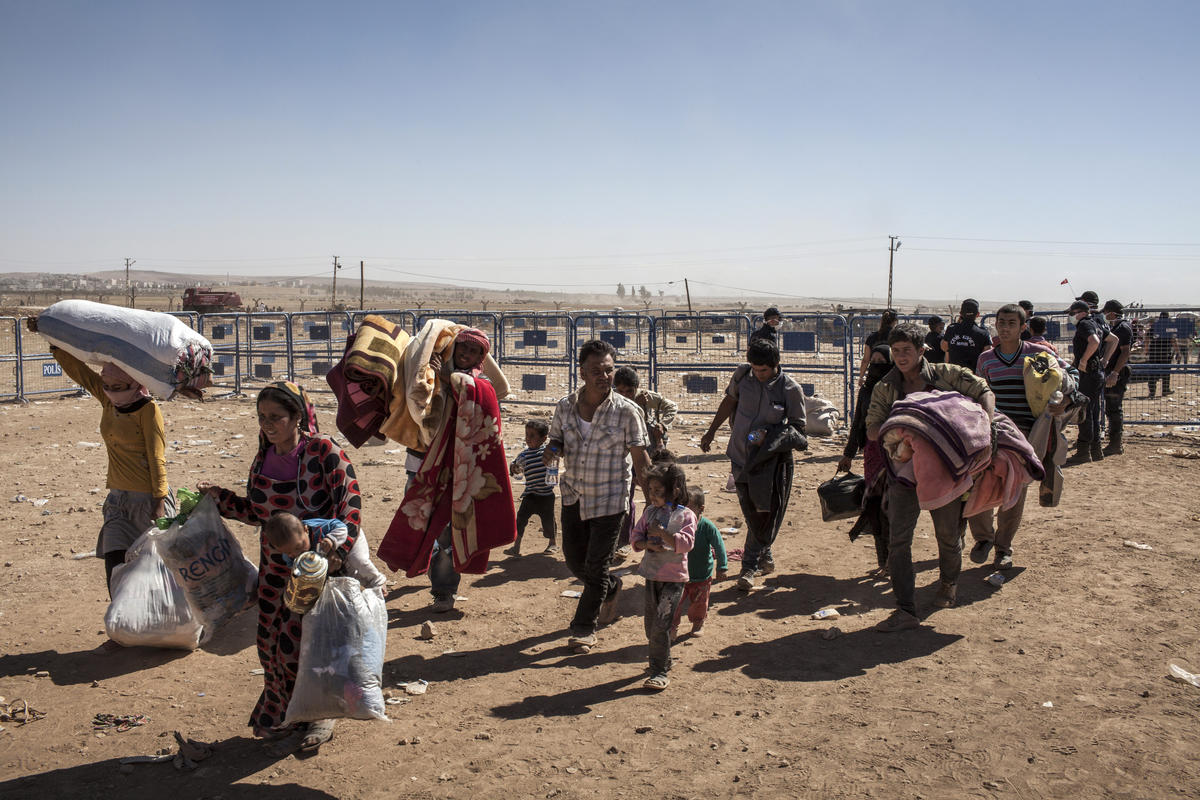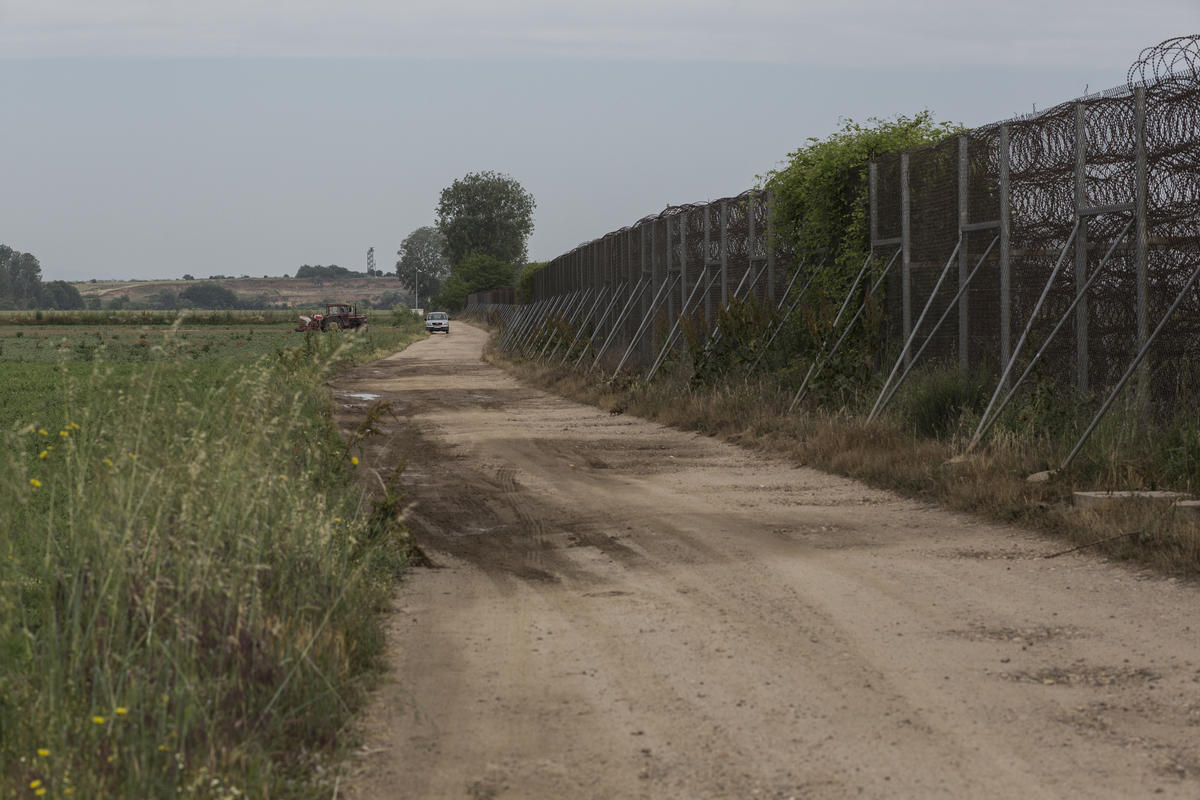UNHCR presents results of asylum interviews to Moroccan authorities
UNHCR presents results of asylum interviews to Moroccan authorities

GENEVA, November 11 (UNHCR) - The UN refugee agency said on Friday it had presented the Moroccan authorities with its initial recommendations regarding the asylum claims of some 40 individuals from sub-Saharan African countries currently located in Guelmin in southern Morocco, and said it believed at least 11 of them should be recognized as refugees.
UNHCR's team was allowed to have access to the asylum seekers - all of whom had already been issued with preliminary UNHCR documentation - last week, and spent three days interviewing them individually and in private on non-military premises close to Guelmin. All 40 featured on a wider list of 85 people "of concern" to UNHCR, that the agency had shared with the Moroccan authorities two weeks earlier.
"We are grateful that the authorities allowed us access to these people, and gave us adequate time to meet with them and assess whether or not they are refugees," said Johannes van der Klaauw, the head of UNHCR's office in Rabat. "Of the 40 people interviewed, our team has recommended 11, including a minor and two women, for refugee status and the authorities have accepted these decisions. We are now waiting for their release."
UNHCR's team also made several negative decisions, and identified a few fraudulent cases among the group of 40 asylum seekers. "Normally those people who receive a negative decision are allowed an appeal before a final decision is taken on their status," said van der Klaauw. "The authorities are in agreement with a simplified appeal procedure."
Later this week, UNHCR hopes to get access to other people already registered with the agency as asylum seekers who are presently in Nador camp near the Spanish enclave of Melilla.
The UN refugee agency said it is also trying, in close cooperation with the Moroccan authorities, to identify the location of other asylum seekers who have been reported missing.
"We are talking to the Moroccan authorities on a daily basis and are confident that we will be able to meet with the people of our concern and that appropriate solutions will be found for them," van der Klaauw added.
Meanwhile, UNHCR's office in Rabat is continuing to receive asylum requests.
"In Rabat, we are in the process of revisiting our internal asylum procedure in order to quickly identify persons with a genuine asylum claim and ensure a fair and efficient assessment of their cases, without any unnecessary delay," said van der Klaauw. "We hope to clear the considerable backlog in the next weeks by reinforcing our office staff and streamlining the asylum process."
The phenomenon of irregular migration in the Mediterranean region is by no means a novelty. However, during August and September this year, the number of migrants and asylum seekers trying to cross into Europe via the Spanish exclaves in North Africa - Ceuta and Melilla - visibly increased, and the issue came under the international spotlight as a result of a series of desperate mass attempts to storm the fences separating the two enclaves from Morocco. During the same period, the number of asylum claims submitted to UNHCR in Morocco also increased.
Registered asylum seekers normally have to undergo an in-depth status determination, before being officially recognized or rejected as refugees. Those who have a well-founded fear of persecution, or who have fled indiscriminate violence or widespread human rights violations, qualify as refugees. Those whose primary motivation is economic do not. Morocco has acceded to the 1951 UN Refugee Convention and its 1967 Protocol, which spell out states' responsibilities towards refugees.
In an effort to preserve the integrity of the asylum process, UNHCR said its Rabat team has introduced a pre-screening system to quickly determine the initial validity of a claim. At the moment a total of 1,700 cases are still pending, and the agency said it hopes to interview them over the course of the next few months.
Since 2000, a total of 265 people have been recognized as refugees in Morocco.



